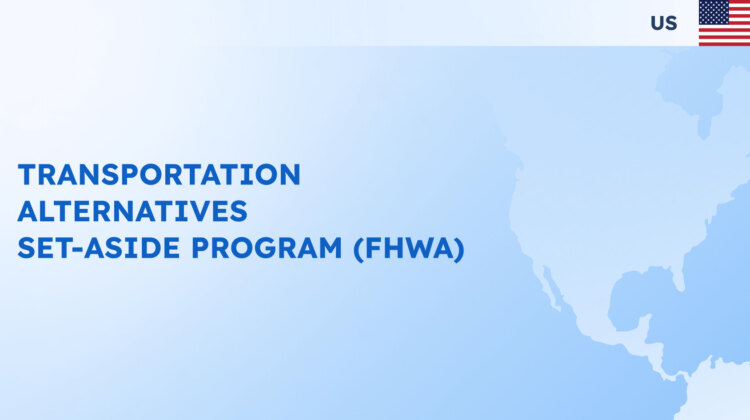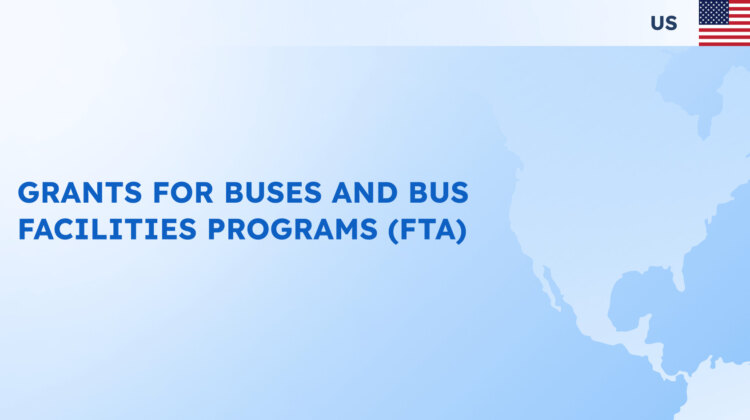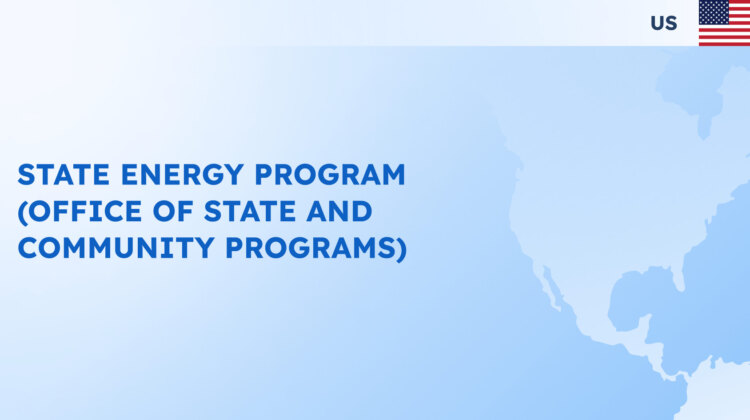The Diesel Emissions Reduction Act (DERA) Program,, under the auspices of the Environmental Protection Agency (EPA), is and forward-thinking initiative meticulously crafted to not only safeguard human health but also elevate the overall air quality. Rooted in the imperative of curtailing the detrimental emissions stemming from diesel engines, this program serves as a beacon of progress toward a cleaner and healthier environment. With sweeping scope, DERA is strategically designed to orchestrate the transition from traditional heavy-duty diesel vehicles and equipment to the promising realm of electric vehicles (EVs) and their seamlessly integrated charging infrastructure.
DERA embodies a multifaceted approach that spans diverse sectors and applicant demographics. This program holistically addresses the urgent need to mitigate emissions by ushering in sustainable alternatives. This commitment is palpable through its strategic allocation of resources across a spectrum of grant programs, each meticulously tailored to distinct applicant categories and project typologies. The spectrum includes the far-reaching span of National Grants, catering to States, Tribes, localities, transportation providers, and nonprofits; the Tribal and Insular Area Grants, prioritizing U.S. territories’ unique needs; State Grants, further reinforcing regional relevance; and the School Bus Rebates, offering a targeted avenue to foster cleaner and safer transportation for the youngest generation. In an even more transformative vein, 2021 marked a significant milestone with the introduction of a $7 million funding opportunity, an extension emanating from the American Rescue Plan Act of 2021, explicitly earmarked to bolster electric school bus rebates within underserved communities, breathing life into the promise of equitable and sustainable progress.
Funding Details
DERA offers a range of financial support for eligible activities such as commercial charging, public transportation charging, and vehicle acquisition. Specifically, it supports the replacement or retrofit of heavy-duty diesel vehicles, engines, and equipment with lower emissions technology, including EVs and associated charging infrastructure.
The funding is distributed across different applicant categories: National (States, Tribes, localities, transportation providers, nonprofits), Tribal and Insular Area (States and Tribes in U.S. territories), State (States), and School Bus Operators (States, Tribes, localities, private sector), with a focus on underserved communities.
Award ranges vary based on categories, spanning from $20,000 to $680,000, and the program operates on an annual funding cycle.
Eligibility Criteria
DERA’s eligibility criteria encompass a wide array of participants, ranging from states, Tribes, and localities to transportation providers and nonprofits. Each grant program targets specific sectors, ensuring that EV adoption and charging infrastructure development span across commercial charging, public transportation, and vehicle acquisition projects. Notably, School Bus Rebates emphasize serving underserved communities, underscoring DERA’s commitment to equitable clean energy transition.
Application Process
The application process for the DERA Program involves submission within the annual funding cycle. Applicants must adhere to specified documentation requirements, deadlines, and procedural steps to ensure a successful application. Resources and support are available to guide applicants through the process, assisting them in navigating the intricacies of the program.
Application packages must be submitted electronically to EPA through Grants.gov no later than Friday, December 1, 2023, at 11:59 p.m. Eastern Time (ET) to be considered for funding. Notification of selection to be announced in March 2024.
The total estimated funding expected to be available for awards under this competitive opportunity is approximately $115 million; $58 million funded with FY 2022 funding and $57 million funded with FY 2023 funding.
Key Benefits and Opportunities
Participation in the DERA Program offers a multitude of advantages for EV charging network operators. These include financial support to facilitate the transition from diesel to EVs, heightened visibility within the clean energy landscape, access to resources, and potential collaborations. The program aligns with environmental stewardship and community-focused initiatives, fostering positive impacts on human health and the environment.
Additional Resources
For further details, program guidelines, FAQs, and contact information, visit the official DERA Program website.









